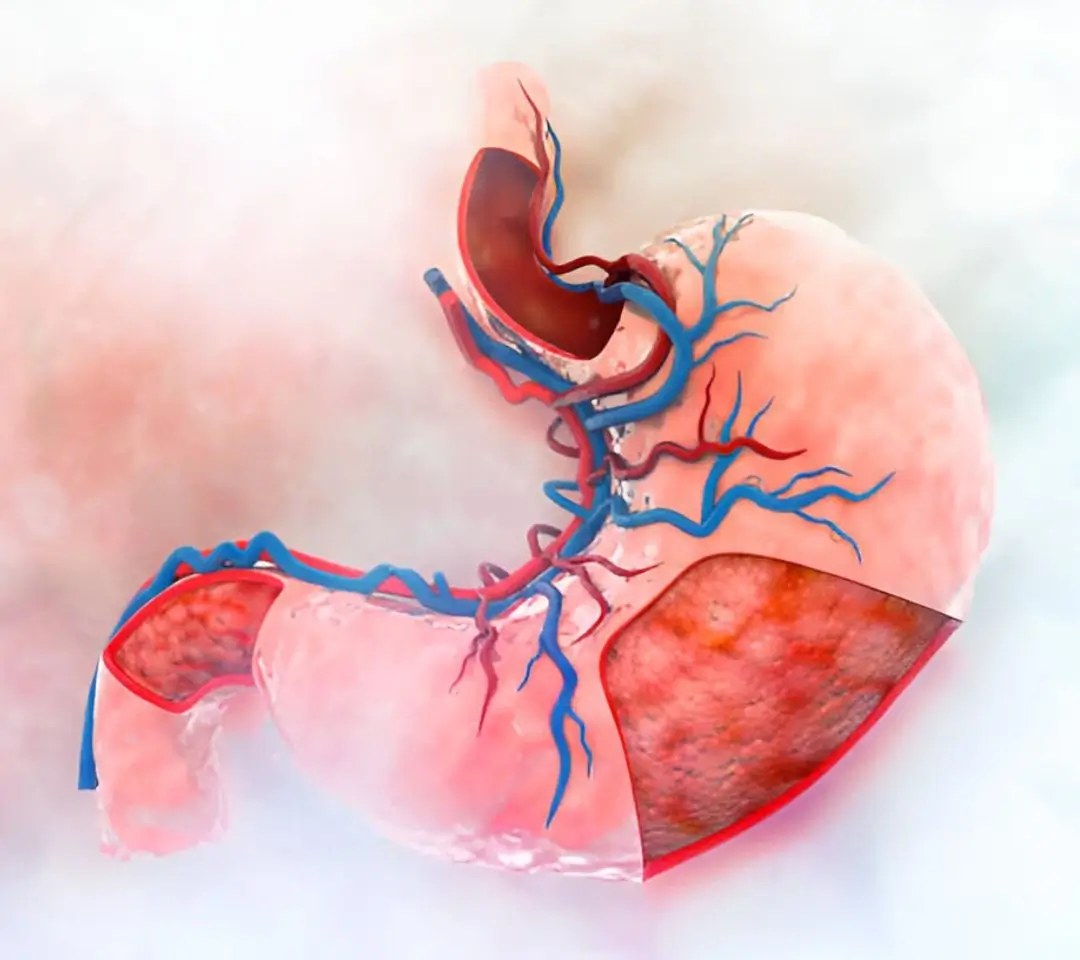Frequently Asked Questions
Esophageal variceal banding is an endoscopic procedure to treat swollen veins (varices) in the esophagus by placing rubber bands to stop bleeding.
Varices are caused by increased pressure in the portal vein system, usually due to liver cirrhosis.
It is recommended to prevent or treat bleeding from esophageal or gastric varices.
An endoscope is used to place rubber bands around the varices to cut off their blood supply.
The procedure is generally well tolerated; sedation is given to minimize discomfort.
Risks include bleeding, ulceration, chest pain, and, rarely, esophageal perforation.
Multiple sessions may be needed every few weeks until the varices are eradicated.
Yes, regular surveillance is necessary as varices can recur.
Patients should fast before the procedure and inform the doctor about medications and allergies.
Some mild throat discomfort or chest pain may occur; patients are monitored for bleeding.
Variceal banding is usually done as an outpatient procedure but may require observation if bleeding is severe.
Yes, it is often combined with medications like beta-blockers to reduce portal pressure.
Patients with severe bleeding disorders or unstable medical conditions may not be suitable candidates.
It is highly effective in preventing recurrent variceal bleeding and reducing mortality.
Avoiding alcohol, following liver-friendly diets, and regular medical follow-up help manage varices.

